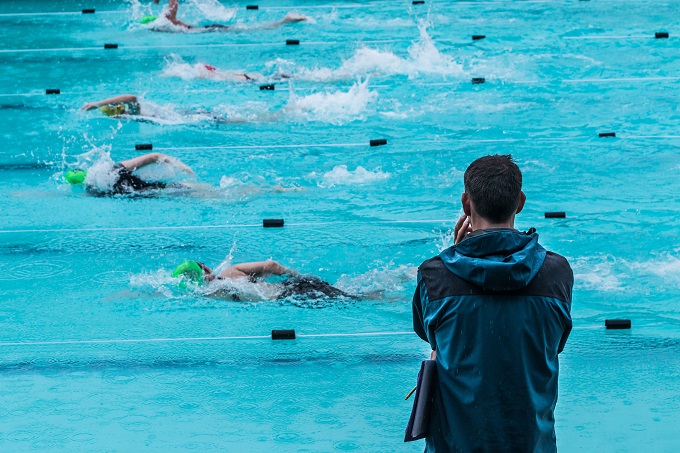
AdobeStock by kudosstudio
Over the summer of 2022 and 2023, drowning statistics have reached a 14 year high. Over the weekend of 20 to 23 January, six fatal drownings occurred in Auckland. During this time, a further 79 people were rescued from waters around New Zealand. Other water accidents included two separately occurring spinal injuries in the Northern region.
Read the latest edition of School News magazine HERE
Foster called these drownings a “national disgrace” and said, “the government should be supporting the funding of those school pools and seeing where more can be built.”
Currently, the Health and Physical Education Curriculum only notes that “all students will have had opportunities to learn basic aquatic skills by the end of year 6”. These opportunities for ākonga to learn water safety can be accessed with operations funding. Around 60% of schools in New Zealand have a pool, which can be maintained by utilising operations funding. Those without a pool are expected to provide opportunities for ākonga to access nearby facilities and/or programmes, including third-party providers and community pools.
School aged children only make up three to four percent of drowning statistics, which Daniel Gerrad, chief executive of Water Safety New Zealand, says indicates that water safety in schools is working.
“The messages that we’re providing do get home to Mum and Dad as well—I really do think that there’s that flow-on effect,” Gerrad noted in a 2022 interview with the Education Gazette.
In that same article, Ester Hone-Moore, an educator with Water Safety New Zealand’s programme Water Skills for Life, says water safety is about more than just swimming.
“It’s about learning how to recognise the dangers and gaining the skills to survive,” she says. “It’s not swimming lessons, it’s water safety for survival.”
On the loss of school pools, Gerrad says that he wants to see a more community focused model of water safety, “where there’s one pool in an area that everybody can use.” In addition, Gerrad says he’d like water safety education to move more toward real-world environments.
“We need to have the basic aquatic skills to be able to stay afloat and tread water [sic] in those open water environments, and I think that’s where we need to spend some time. Because you can be really comfortable in nice warm water in an indoor pool, but as soon as you get out in a river, or a lake or a beach, it’s completely different.”
Hone-Moore agreed, noting that “some schools may not have a pool, or access to one—they might just have a little estuary, or a small river. It’s being able to adapt that [water safety] information so they can feel confident in their own community”.
Foster, however, is not convinced, believing that “our tamariki are not being taught to swim properly.” In response, she’d believes the government “needs to invest heavily in swimming education right through until the end of intermediate school level.”
A new report from the University of Auckland’s Our Voices Project asks young people what…
The government has opened a tender for new standardised assessment tests, leaving educators shocked and…
Early in her career, Kiri Turketo found inspiration in an unlikely source. In this Principal…
Real stories of dedication, challenges, and triumphs from educators in NZ. Part six comes from…
Is fast furniture impacting your school's environmental footprint? We explore eco-friendly solutions to reduce furniture…
A new report from the New Zealand Initiative argues we need a stronger and clearer…
This website uses cookies.